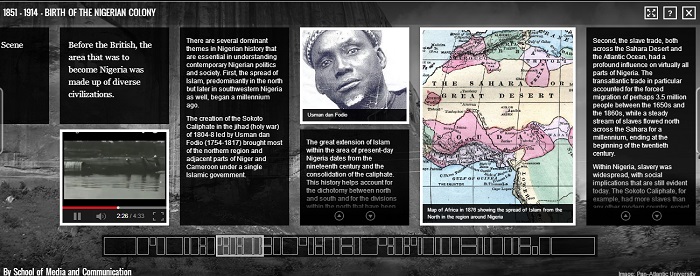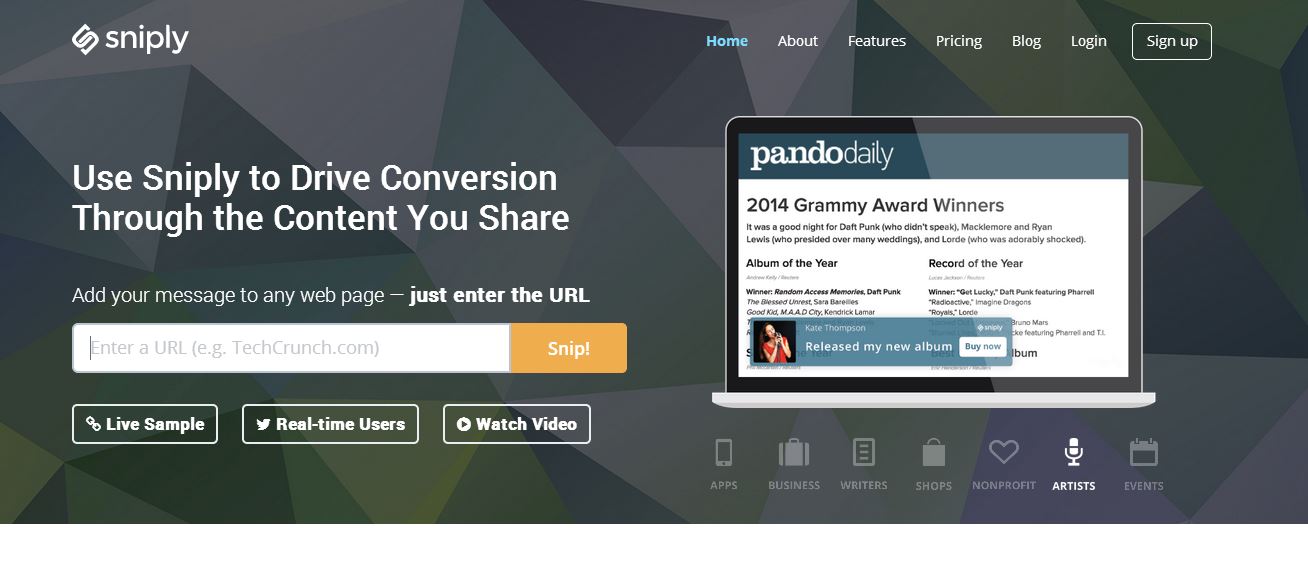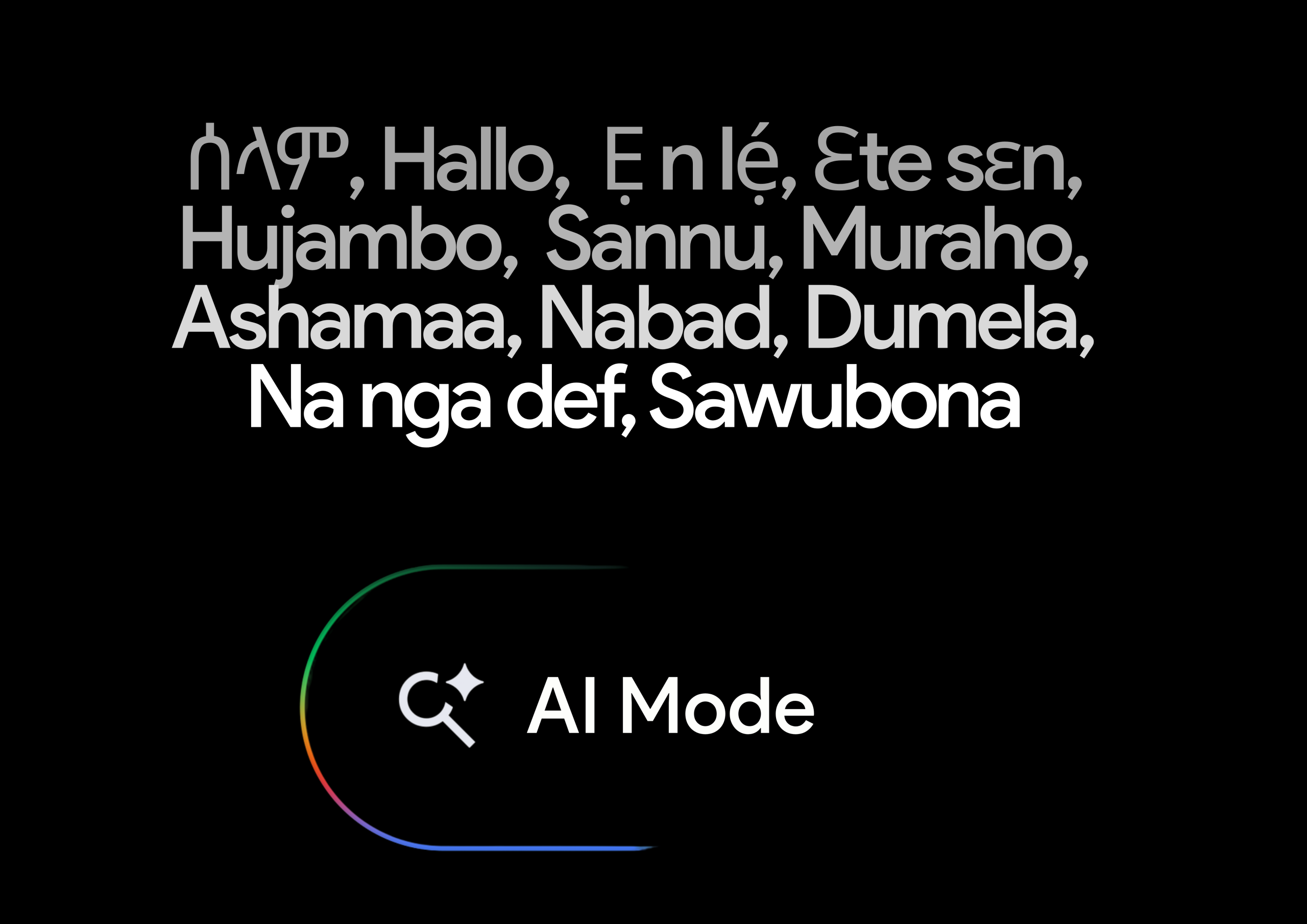You know how everything we do is now online? Well, you can add one more thing to that list because we can now preserve and promote culture online!
To date hundreds of museums, cultural institutions, and archives have aligned with the Google Cultural Institute to host some of their cultural reserves online. And now, Nigerian culture and art has been included in this virtual museum via GCI’s partnership with Nigeria’s Pan-Atlantic University, announced last week.
The Google Cultural Institute brings together millions of artefacts from numerous partners around the world, with the stories that animate them, in a virtual museum. The Institute is an endeavour to make important cultural material available; and available to everyone and to digitally preserve it to educate and inspire future generations. The initiative was unveiled by Google in 2011 following the launch of the Google Art Project, the same year.
Google’s Cultural Institute has now unveiled the new online exhibit about the fascinating colonial history of Lagos as part of the Institute’s efforts to preserve cultures that are in danger of being forgotten in the future.
In the new exhibit, Nigeria’s Pan-Atlantic University makes two presentations. The first is a collection of rare historical documents and photographs spanning the years 1851 to 1914 telling the story of Nigeria’s development as a British colony. The second exhibition traces the transformation of Lagos from a cosmopolitan colonial trading centre to West Africa’s large largest metropolis, a look at Lagos then and now.
Both collections are available online as interactive galleries comprising of text, images, videos and maps.
The Nigerian exhibits come on the heel of a recent report from UNESCO (The United Nations Educational, Scientific and Cultural Organization), which warns of the near-extinction of over half of the languages and cultures today if no action is taken to preserve them. Google has been especially active in this regard, and last year added five African languages, including Igbo, Hausa and Yoruba to the Google Translate engine.




















